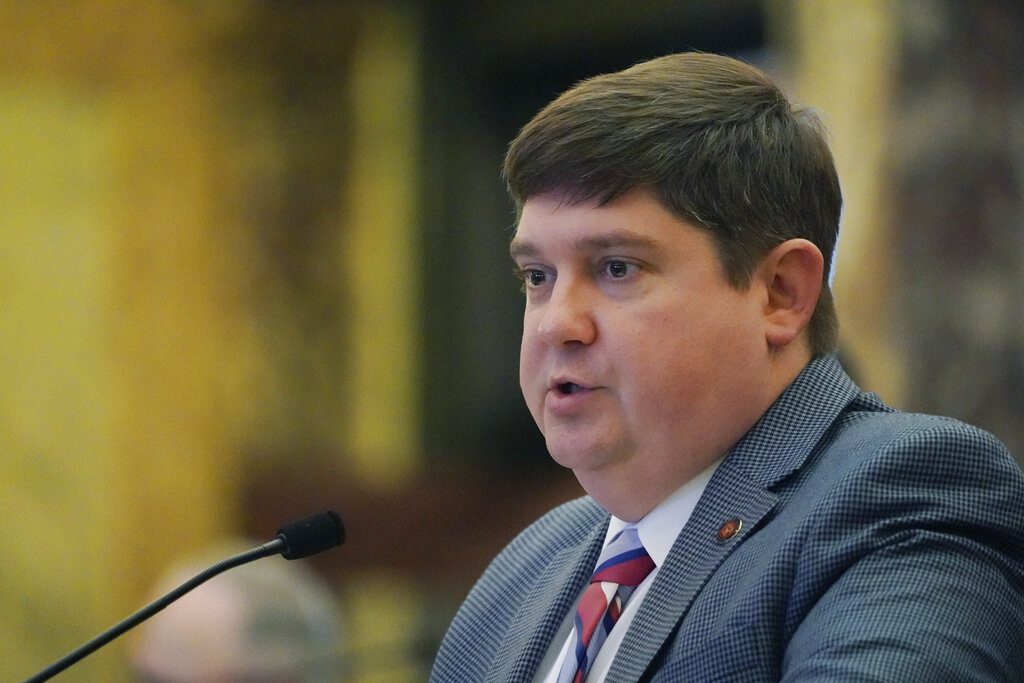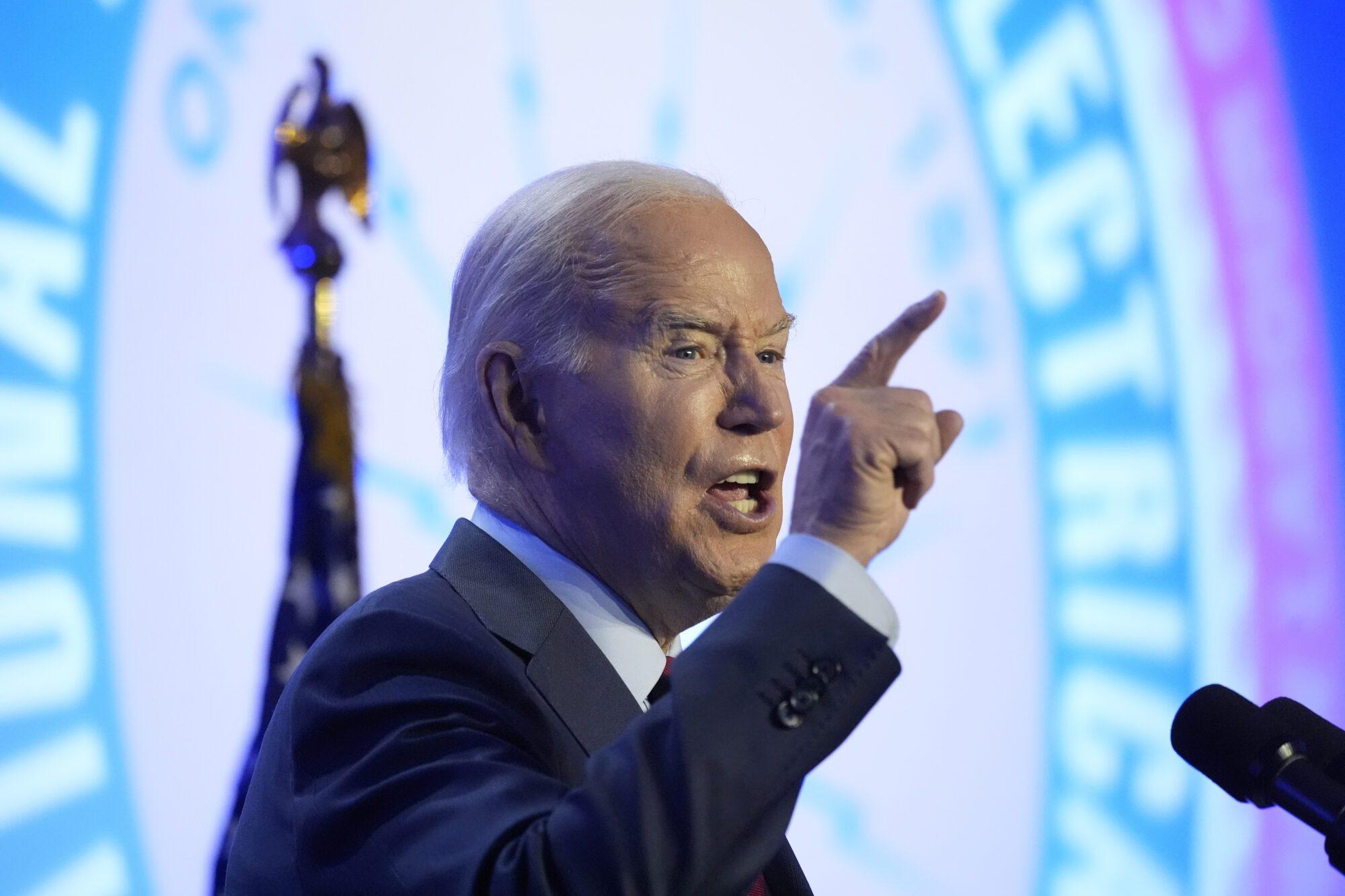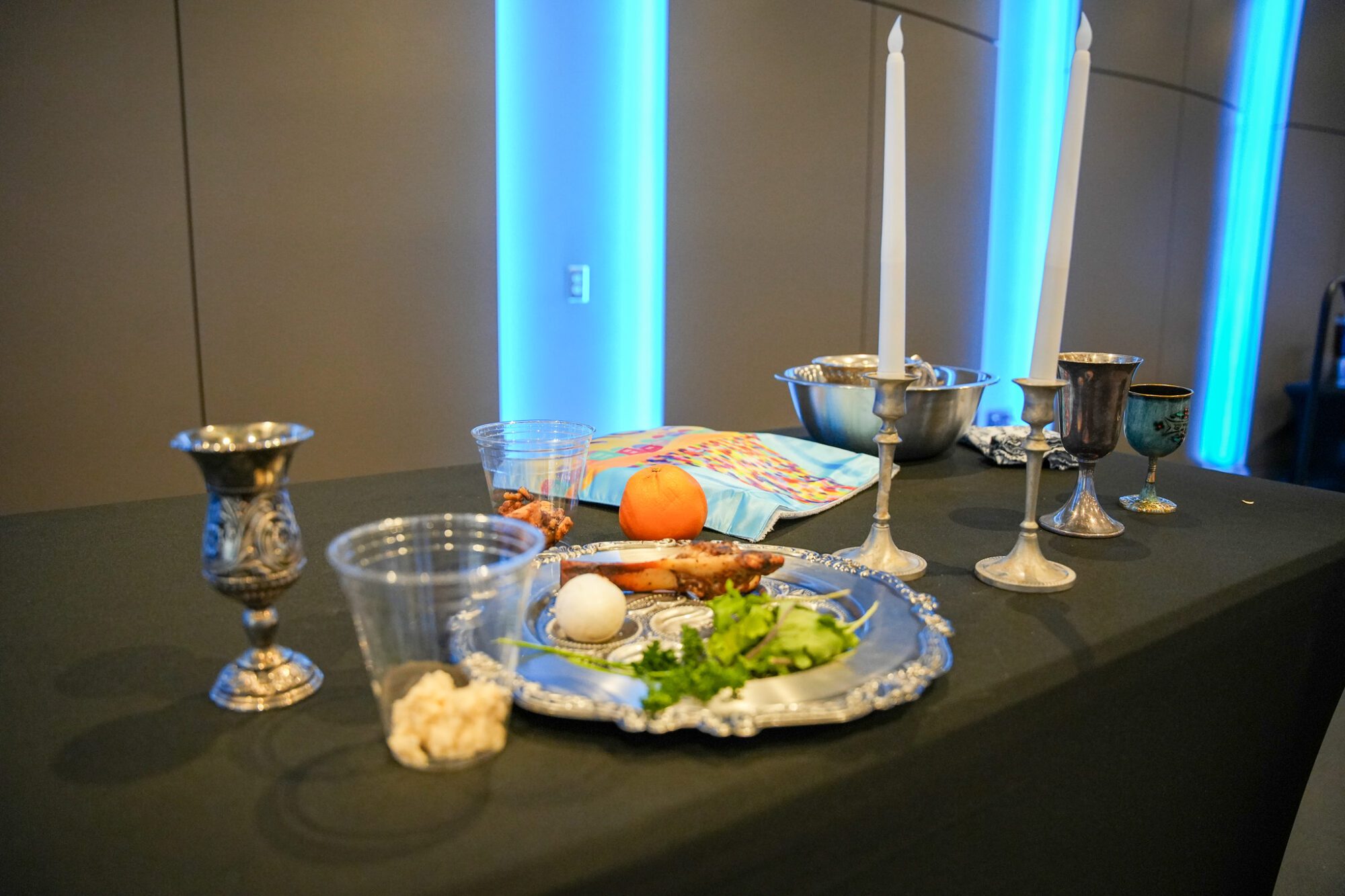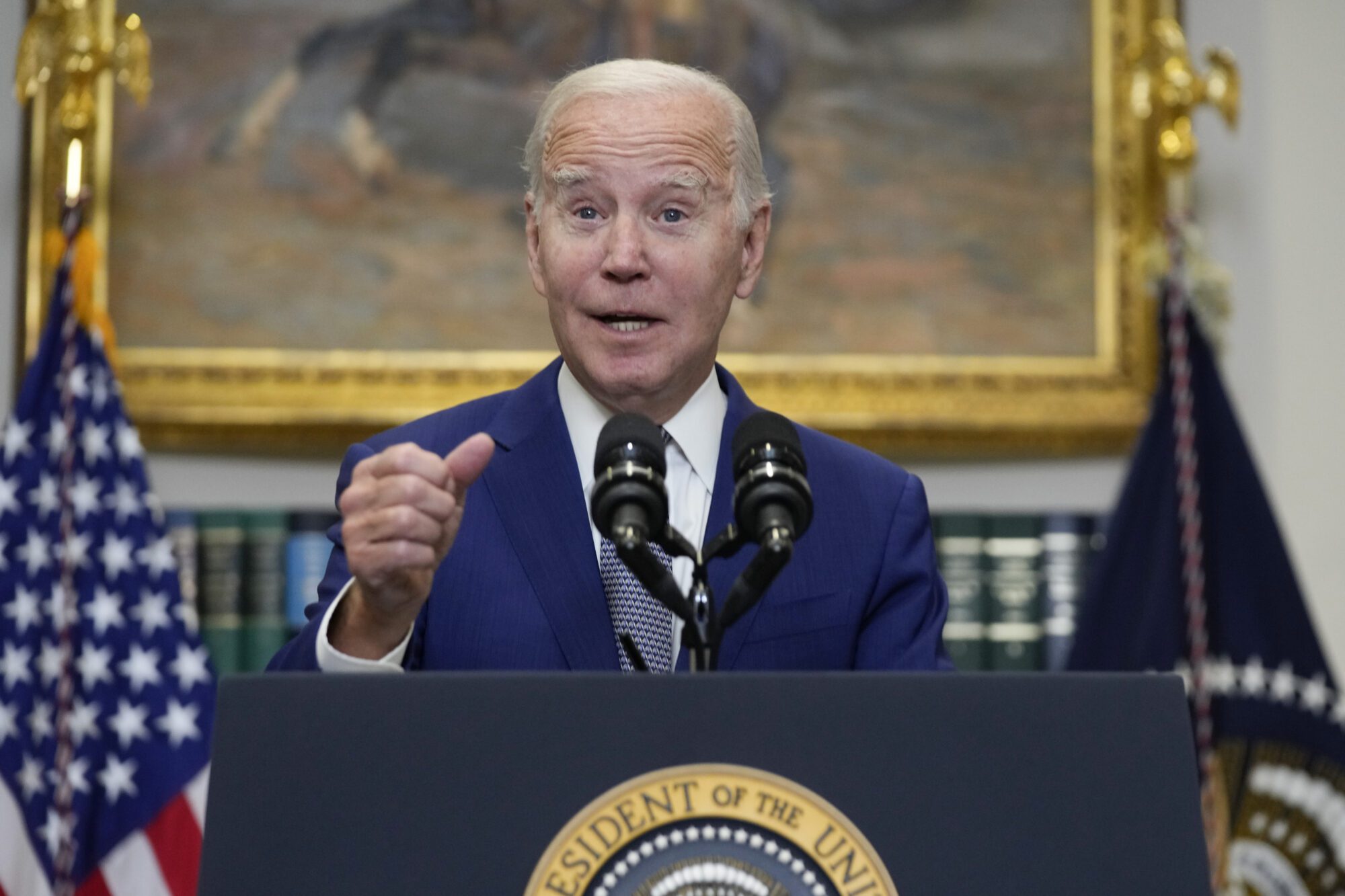This is another attempted exercise in connecting the dots.
Remember in the Peters resignation that it referred to a bar complaint numbered 07-456-2. My sense is that this comes from one of two places. Either the Wilson case and the now notorious “reverse contingency fee” or Kirk vs. Pope. I dug an old NMC post out of the archives. Notice that Peters’ now defense attorney, Cynthia Stewart, was co-counsel with Peters on Kirk vs. Pope.
Because most of the timing of Kirk v. Pope happened in the ’03-05 time frame, I am starting to lean towards it being related to the Wilson case, which would actually make more sense. However, the Kirk vs. Pope stuff is interesting and especially timely.
Kirk v. Pope: A look inside the Judge DeLaughter and Peters relationship (by NMC)
In 1996, Mike Kirk sued Randy Pope and Dixieland Forest Products, Inc. for breach of contract. The next year, Kirk filed for bankruptcy but did not disclose the lawsuit as an asset in his bankruptcy filing. According to his bankruptcy lawyer, Kirk mentioned the lawsuit and said it had been dormant; the lawyer thought it had been dismissed because it hadn’t been pursued. The bankruptcy case was closed December 30, 1998, and Kirk discharged –that is, the bankruptcy court ruled his case was finished and he was released from debts.
In late 2002, the original contract case against Pope was tried and, on October 28th, Kirk got a judgment against Pope for $700,000. Between the trial and the judgment, Kirk went back to his bankruptcy lawyer and asked him what to do about the judgment. The bankruptcy lawyer said the case should be reopened and the judgment made an asset of the estate. Kirk told the bankruptcy lawyer to do that, and the lawyer filed a motion to reopen the case on October 25th.
At this point, Pope fired his lawyer Leonard Melvin and hired Ed Peters and Cynthia Stewart. On November 26, 2002 Pope filed to remove the case to the federal court because it was related to the bankruptcy case. The bankruptcy court entered an order sending it back to the Hinds County court (and Judge DeLaughter) because it was already tried there, with Kirk’s lawyer to act as the bankruptcy trustee’s representative to pursue the case.
At this point, from the bankruptcy court’s perspective, Kirk seems to have fixed whatever problem he created for not disclosing the lawsuit in the first place.
On November 19, 2003, the judge granted an order sought by Pope reducing the judgment to $400,000. Kirk accepted this ruling.
This is when things start getting really strange. Keep in mind that “ex parte ” means that a court only heard lawyers from one side. This is ordinarily not to be allowed (the rules against this are set forth here) and are a big part of the claim that Judge DeLaughter did something wrong in talking to Ed Peters in the Wilson case. According to the Supreme Court opinion, on November 25, 2003, Pope filed a “Motion for Reconsideration and for Stay of Judgment, ” which was set for hearing on December 12, 2003, “apparently [opined the Supreme Court] by ex parte order of the trial court [Judge DeLaughter], which also stayed all matters. ” In a footnote, the Mississippi Supreme Court notes that the ex parte order “stated that the judge was contacted at home by counsel for Pope and that the order was necessary, in part, to prevent Kirk from executing on the judgment. ”
Let’s call that ex parte order “Strange Event 1 ”
Here’s some of the strangeness: The Supreme Court notes that the order was “apparently ” set by Judge DeLaughter’s ex parte order that came to be because the judge was contacted “by counsel for Pope ” –that would be Peters and Stewart, one or the other –at the judge’s home. It is difficult to tell from the court’s statement of facts, but it seems to be saying that Ed Peters went to Bobby DeLaughter’s home (without telling the other side of the case) and got an order stopping everything, including stopping the other side’s right to do something about collecting on their judgment.
That is not how it is supposed to work.
On December 1, 2003, Judge DeLaughter gave Kirk time to respond to the motion and enjoined (that is, stopped) Kirk from executing on the judgment and Pope from getting rid of any assets until the motion was heard. On December 9th, Judge DeLaughter entered an order with the consent of Kirk and Pope continuing the hearing on the motion to reconsider and stay until February 6, 2004 and continuing the injunctions against both parties.
Here comes “Strange Event 2 “:
“Prior to the hearing on February 6, 2004, Pope advised the trial court [Judge DeLaughter] that there would be no hearing, as both parties were negotiating a settlement of the judgment. ” In a footnote, the court states: “The trial court said by order that the attorneys for all parties advised that the parties were in settlement negotiations and asked that the hearing be cancelled. However, both parties dispute the trial court’s characterization. ”
Huh? What did each party say had occurred? And am I reading this correctly –that Judge DeLaughter and the parties all had different versions of what had occurred? And by saying “Pope advised the court ” I would take it to mean Pope’s lawyers –Peters and Stewart did so, with no word to the other side (which apparently disputed Judge DeLaughter’s account of what happened).
At this point, Pope filed a malpractice action against Pope’s former lawyer and settled that action for $275,000 on April 20, 2005. Most of that money went to Peters and Stewart.
On May 5, 2005, having learned of Pope’s collection of the money in the attorney malpractice claim, Kirk filed a motion for contempt and for an injunction freezing Pope’s asset. That is, Kirk went to court saying that Pope was ignoring the order to “freeze ” his spending of assets.
Pope then filed a motion asking the court to clarify the December 9, 2003 order and admitted that Pope (that is, his lawyers, who obviously knew about the injunction) had disbursed the proceeds from the malpractice settlement and Pope had sold at least one asset. On May 17, 2005, Judge DeLaughter entered an order declaring that neither party had requested a continuance of the injunction beyond February 6, 2004, “and that it assumed the parties had reached a settlement ” ” He then set the case for a hearing on June 17, 2005 on the meaning of the February order, and instructed the parties to do nothing until that time. The Supreme Court opinion gives the impression that Judge DeLaughter did this on his own without prompting from the parties.
Now comes “Strange Event 3. ”
On May 24, 2005, the trial court entered an order denying Pope’s motion for reconsideration and stay of judgment. This procedural description from the opinion raises a lot of questions. Why did Judge DeLaughter drop the idea of a June 17th hearing (the Supreme Court opinion doesn’t say, but it seems that the May 24th order intervened and it did not happen)? And what about the original hearing at which this motion was supposed to have been considered back in February, 2004? Suddenly, no hearing was required. I would be curious to hear Kirk’s lawyers take on that, and what exactly went on with Judge DeLaughter between the May 17th order (let’s have a hearing) and the May 24th order (let’s not! Instead, let’s up and decide a motion from months ago).
On September 14, 2005, Pope filed a “Motion for Relief from Judgment ” under Rule 60(b) of the Mississippi Rules of Civil Procedure, in which he asserted that Kirk was judicially estopped from (that is, cut off entirely from making) his claims against Pope. Pope argued that, because Kirk did not tell the bankruptcy court about his claim in the first place, the claim should be cut off entirely ( “judicial estoppel “) and thus the $700,000 circuit court judgment was no good and should be set aside.
Rule 60(b) is about relief from judgments, that is, from final orders from courts. If the judgment is less than six months old, relief can be had for fraud, accident, mistake, or newly discovered evidence that could not otherwise have been known. After six months, relief can be had if the judgment is void or has been paid. In either event, “the motion shall be made within a reasonable time ” ” Shall is a big word for lawyers –there is no way around it.
Rule 60(b) motions are considered by lawyers to be difficult; one after six months is considered nigh-unto impossible. For an order to be “void ” a lawyer would essentially have to look at it and say “no court could do this ” (Rare and unlikely, to say the least). Courts particularly look at Rule 60(b) motions with a jaundiced eye where, as here, the underlying facts would have been known to everyone before the judgment and could have been brought up then. That’s clearly the case here –the opinion elsewhere notes that Pope’s lawyer made a reference to the bankruptcy in the original trial.
Think about that six month deadline. When Judge DeLaughter granting that motion to rehear in May, he apparently reset the six month clock over a year and a half later. This worked. The Mississippi Supreme Court held that the 60(b) motion was timely because it was filed within six months after the denial of the rehearing.
NMC
1/21/8






